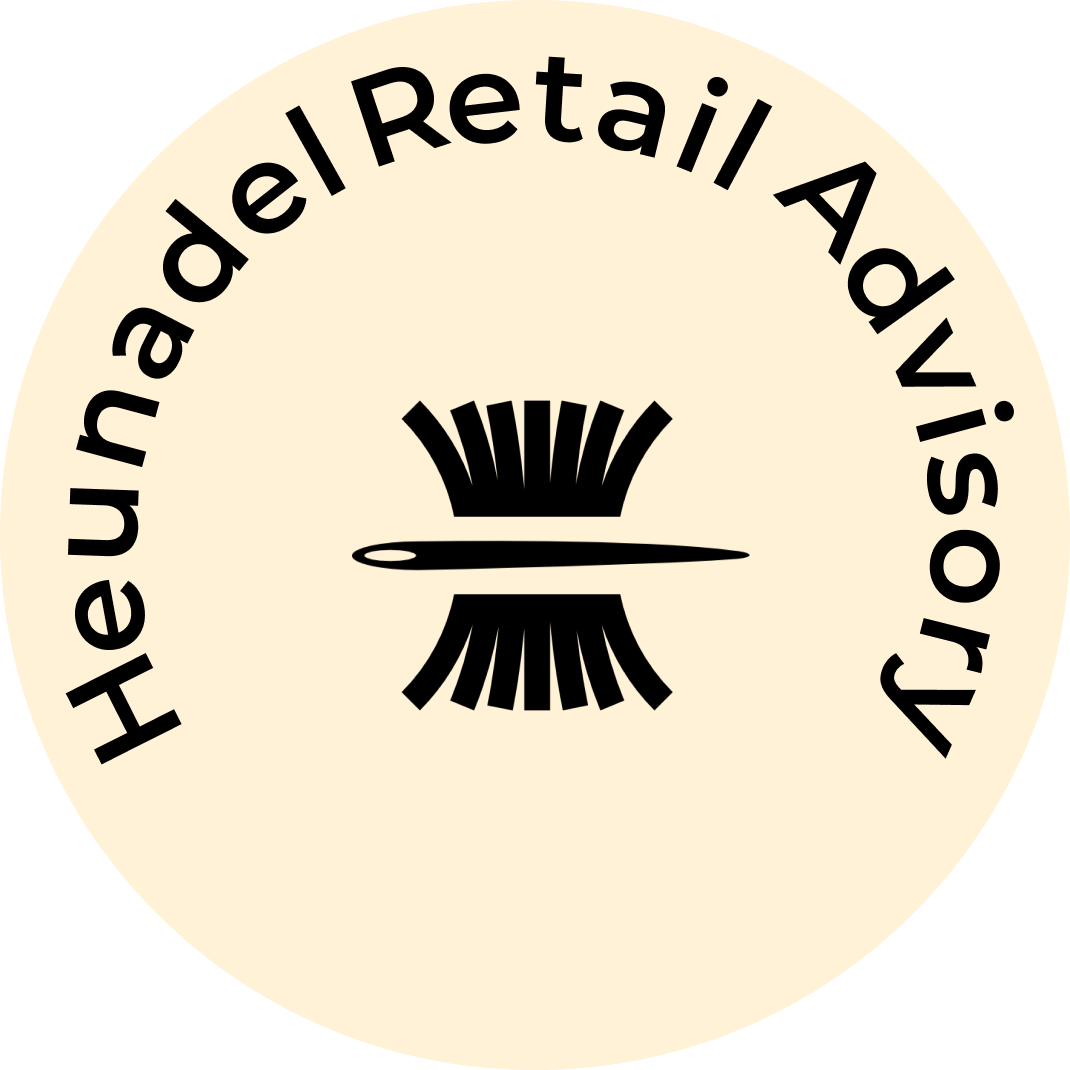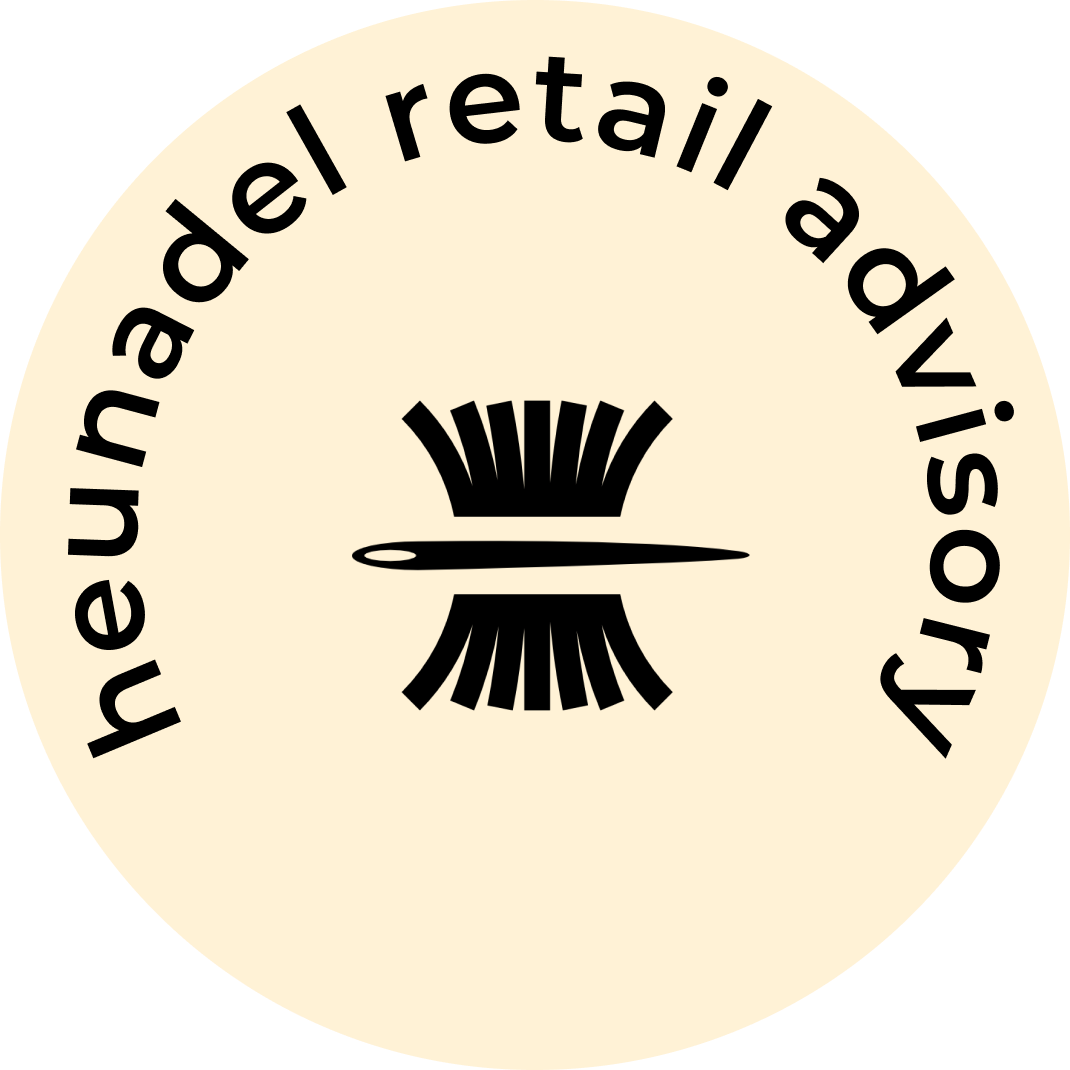
Expertise
Our team of Advisors at Heunadel combines a broad range of expertise - all build upon years of experience in various fields in retail and FMCG.
Areas in which our Advisors have worked in include
Strategy Development
M&A & Post-Merger-Integration
Digitalization / Digital Transformation
Expansion, Growth & Go to Market Strategies
Assortment Opimization
Supply Chain Setup & Optimization
Sourcing Strategy
Partnership Management
Quick-Commerce
Grocery E-Commerce
Capital Strategies / Turn Arounds
Fundraising / IPO
Interim Management
Read the short project briefs to gain insights about selected past projects..
Project Briefs
Get an idea of how we approach challenges of global retailers and food companies.
SPACE OPTIMIZATION
SPACE OPTIMIZATION
Project Brief 1: PROPERTY DEVELOPMENT AND PROCUREMENT
We like to think in 3D. The old-fashioned measure of sales per m2 limits your possibilities for increasing revenue. Shelf height, ceiling elevation, residential opportunities above your store all impact upon profitability.
In an urban area, where land costs are higher, a retailer can typically build a 1,000m2 store on an 8,000m2 plot and offer parking for 80 cars. Think of that 8,000m2 as 160,000m3 and the solution can be a 1,400m2 store on the upper floor and 120 car parking spaces beneath. The shopping experience is improved and the basket size increases.
DIVERSITY OF SUPPLY
DIVERSITY OF SUPPLY
Project Brief 2: CATEGORY MANAGEMENT
“Who will buy my sweet red roses?”
That’s not just a question sung in the musical Oliver Twist, that’s a question that retailers should ask themselves too.
By finessing the colour (not always red!) and variety of flowers (not always roses!) by day of week, it’s possible to increase revenue from such a seemingly insignificant category by more than 200%.
QUALITY ENHANCEMENT
QUALITY ENHANCEMENT
Project Brief 3: SUPPLY CHAIN OPERATIONS
(1) Temperature: No one wants to buy a brown banana or a squishy tomato.
Strategic investments in equipment and staff know-how can keep fruit and veg at the right temperature from the field to the shelf, yielding reductions in waste by more than 40%.
(2) SRP: The last thing the supplier, retailer and shopper wants is a cardboard box that fails to display the product satisfactorily or, though lack of stability, allows cans, boxes or bottles to tumble off the shelf. Lost sales, wastage and disappointment will doubtless ensue.
Retailers can use their purchasing power, shopper understanding and knowledge of shelf blueprints to negotiate on behalf of suppliers, ensuring optimal carton design at minimal cost.
SERVICE UPGRADE
SERVICE UPGRADE
Project Brief 3: OPERATIONAL EXCELLENCE AND BUSINESS EFFICIENCY
(1) Lorries: Every delivery to a store costs money; not just in transport costs but in disruption to the store’s main job – selling to the customer. By designing the warehouse such that its layout mirrors that of the store, and packing the lorries ‘Tetris-style’, you can reduce the number of deliveries from an average of 1.7 per day to 1.
(2) Checkout: If a shopper packs their trolley at the till it takes time and requires more space for the run-off area. By moving the packing area beyond the till, you can process transactions in a shorter period of time, reduce your personnel costs and liberate more space in the store for the important stuff – the things you want to sell.
(3) Till: Research has shown that, when a little old lady (or for that matter a big young man) is searching for change in their purse, it can stall the queue at the till for as much as 3mins. You have a choice: risk losing frustrated shoppers, employ more staff, or neither of those…
By ensuring your tills are fully stocked with change and briefing the operators, you can encourage the little old lady (or big young man) to hand over a €20 note and speed up the transaction.
CHURN REDUCTION
CHURN REDUCTION
Project Brief 4: HUMAN RESOURCES
Staff retention is one of the biggest challenges in retail. Keep your staff loyal and your recruitment and training costs plummet. Retention can be enhanced by numerous means over and above salary. Staff discount cards help but so does gym membership.
Who would have thought that making your employees sweat for longer would make them stay for longer?
CONSUMER FIRST
CONSUMER FIRST
Project Brief 5: CONSUMER UNDERSTANDING
(1) Consumer Data: Kantar Worldpanel data reveal that if a shopper buys fresh meat from your store, they spend 6.5 times more over the course of a year than a shopper that doesn’t. Why would that be? Analysis of multiple consumer research sources – panel data, quantitative tracking, focus groups and ethnographies – revealed that trust in fresh meat opens the door to trust in the totality of the retailer’s fresh offering.
Get the shopper to trust your steak and they’ll trust your fish, fruit and flowers!
(2) Shopping Culture: In Germany shoppers expect their fresh meat to be displayed in chest fridges. They understand the benefits that accrue from lower energy costs and more stable temperatures. In the UK, decades of experience have taught the shopper to find fresh meat in upright, open fridges. By visiting stores with shoppers, we observed them walking past the chest fridges assuming they contained frozen products. Matching the fridges with the culture yielded an increase of 30% in fresh meat sales.
CHALLENGE PREJUDICE
CHALLENGE PREJUDICE
Project Brief 6: BRAND BUILDING THROUGH COMMUNICATIONS
Every so often it helps to have people hold your brand in low regard… well it does if their perceptions can be confounded.
Marketing communications, in particular, can be used to expose and challenge the consumer’s prejudice. By taking negative perceptions head-on and exposing them as an irrationality built upon prejudice, we saw a return on marketing expenditure of more than £5 for every £1 spent.
Please reach out to seek Heunadel’s support on your company’s current challenges. Obviously, introductory calls or meetings are free of charge.








